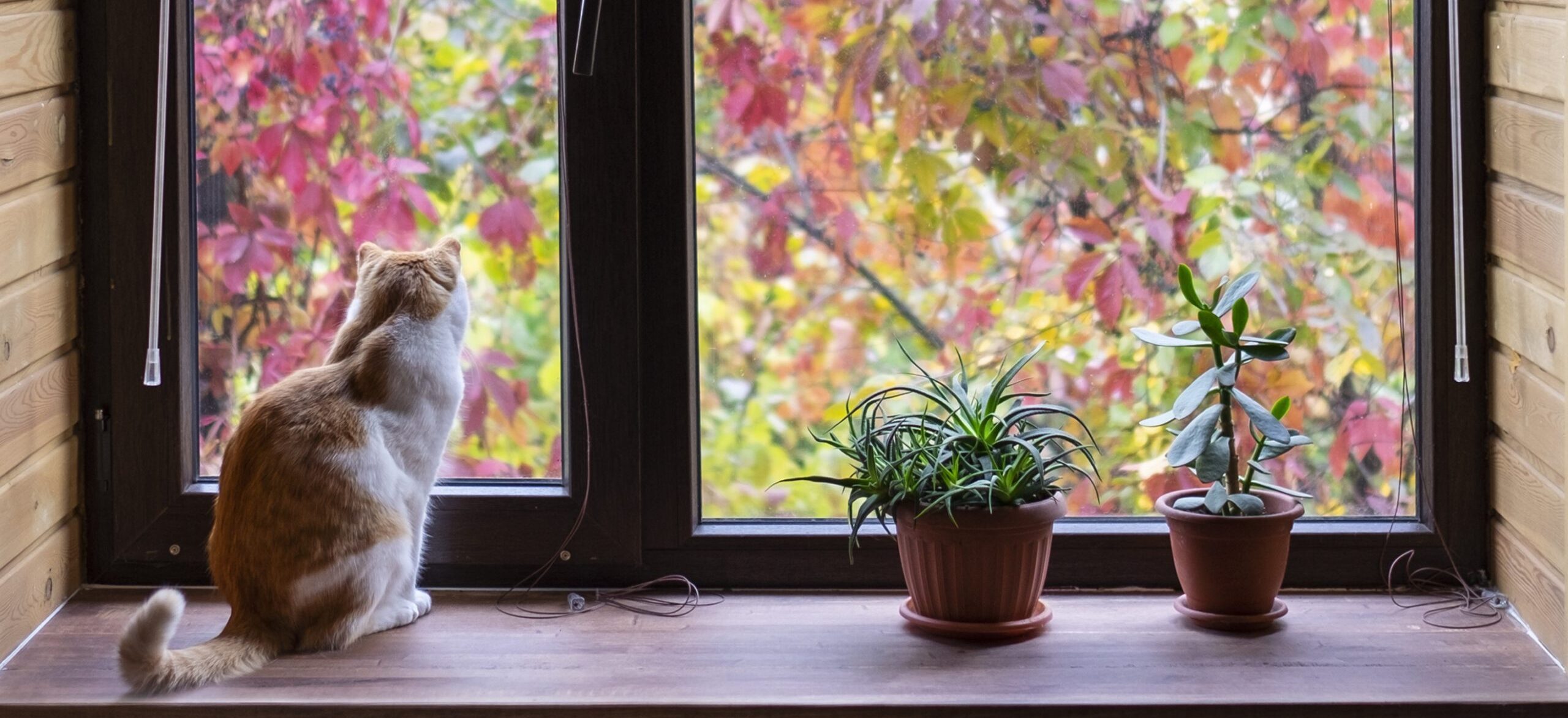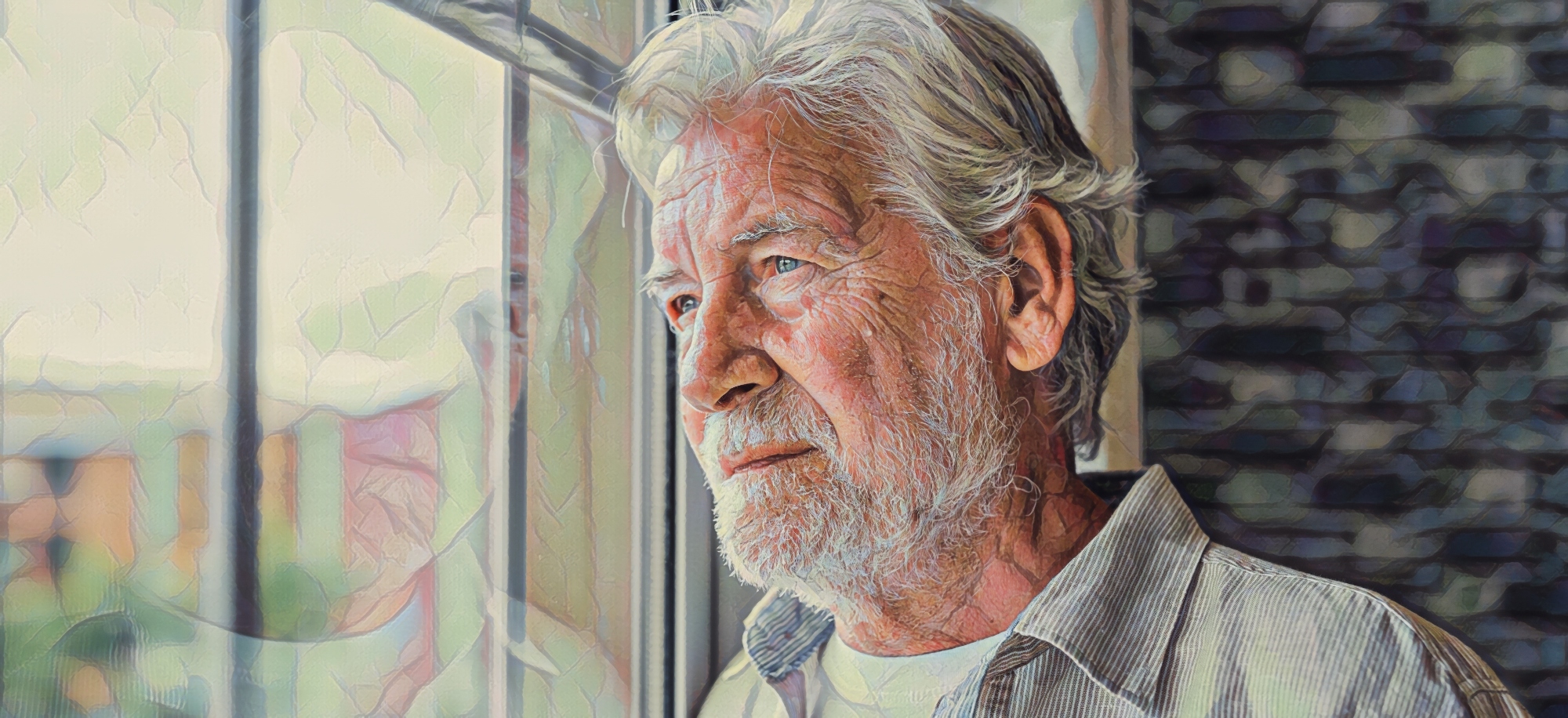“The coming and going of the seasons give us more than the springtimes, summers, autumns, and winters of our lives. It reflects the coming and going of the circumstances of our lives like the glassy surface of a pond that shows our faces radiant with joy or contorted with pain.” ~Gary Zukav
Recently, I came across Gary Zukav’s quote, which likens the changing of the seasons to the ebb and flow of circumstances in our lives. It reminded me that our lives and everything around us constantly change and evolve.
Sometimes, change occurs slowly and gradually. I see that evidenced in my garden each year, especially when summer draws to a close. My flowers begin to fade, little by little. And at some point, they wither and then die. If I pay close attention to my garden, I might be able to note that something is slightly different in color or texture each day. I might be able to notice subtle, almost imperceptible changes.
Those changes are very different than the abrupt and traumatic loss experienced by survivors of suicide. Survivors are faced with shocking news that alters their world and shatters the foundation of life as they knew it. In the beginning, it is very difficult to process such abrupt, life-altering loss. Things seem surreal. We cannot believe our loved one has gone. We struggle, trying to absorb and make sense of what has happened.
Our brains are wired to store shocking information. That’s why most survivors store vivid memories of the moment in which they learned their loved one died. Years later, they can still tell you where they were standing, what they were doing, and who was with them when the news arrived.
We are not wired, however, to regularly notice the very subtle changes that occur in and around us all the time. For the most part, life is a series of continuous small changes. The paint on our walls, for example, grows imperceptibly darker and more worn each day until, at some point, after several years, we note it is time to repaint. Our freshly cleaned house grows messier and dirtier little by little until suddenly, we note it is time to clean again.
Little by little, things die down. On the flip side, most things come into existence slowly and, sometimes, almost imperceptibly. The seed grows into a flower in incremental steps, often unnoticed until the bloom springs open.
The healing that survivors experience following the loss of their loved one is often not noticed.
It is a series of imperceptible changes, accomplishments, and triumphs. Many times, survivors feel stuck. They don’t believe they are healing or moving forward. It is important for those who are further along to provide reassurance.
The emotions and challenges survivors face on the journey are as varied as the colors in nature. Yet, there are commonalities. Elizabeth Harper Neeld has done an extraordinary job of describing the phases of the traumatic grief journey—from the original impact of the traumatic event to the eventual integration of the loss. You can find excerpts from her work on the Alliance of Hope website.
Those who check out Neeld’s work will note that she delineates identifiable phases and commonly shared experiences on the grief journey but no timetable for grief. That is because there is no timetable for healing – and no right way or wrong way to grieve.
As you navigate the grief journey, please know that my thoughts are with you. The experience of losing a loved one to suicide can be overwhelming, not only in the loss itself but in the resulting changes and challenges that must be addressed. Be gentle with yourself and remember the words of Jon Meltzer:
“Sometimes it will seem you are not making any progress, just going in circles or even backward. Be patient and stay the course. It will be the hardest work you will ever do, but I promise you with all my heart there will come a day when the road levels off, when the dark gives way to light, when laughter and joy return, and you realize within yourself is a strength you never knew you possessed.”
With prayers for your healing and that of the world,
Ronnie




